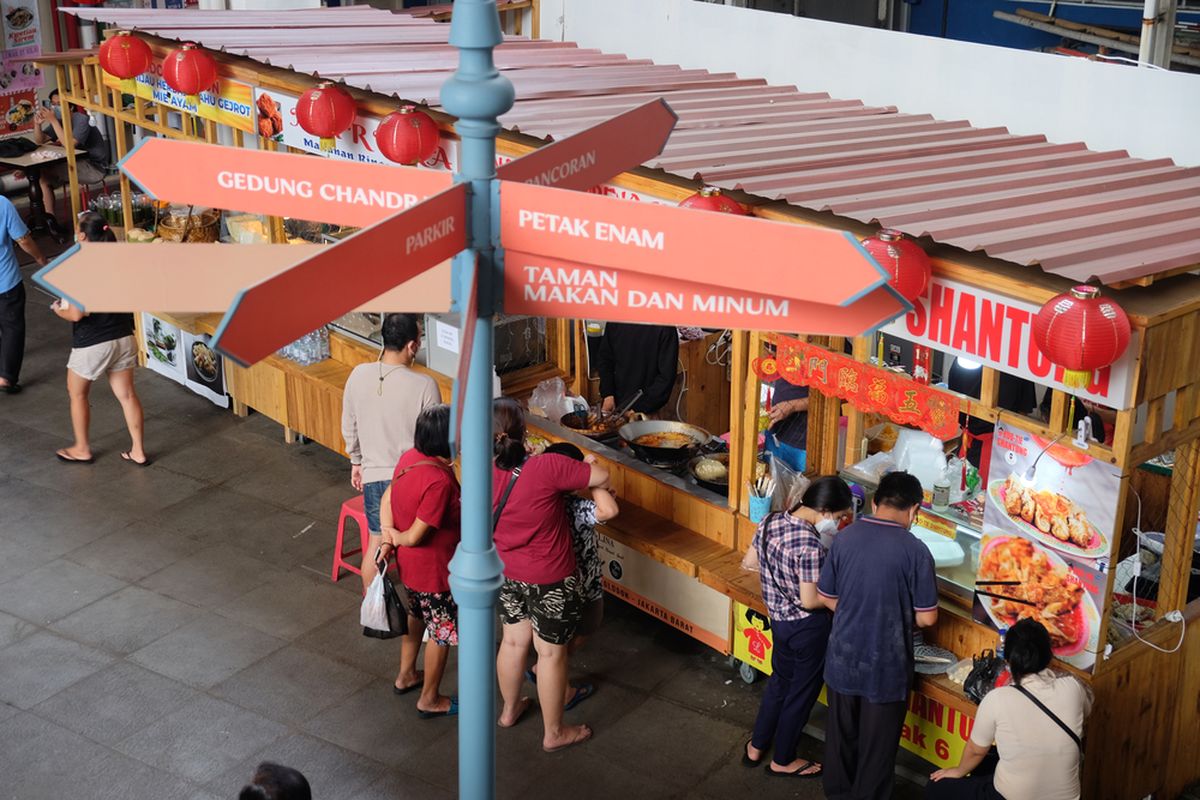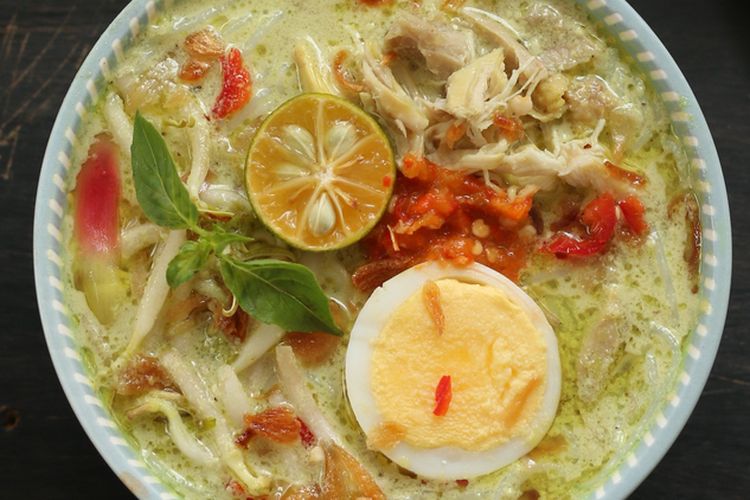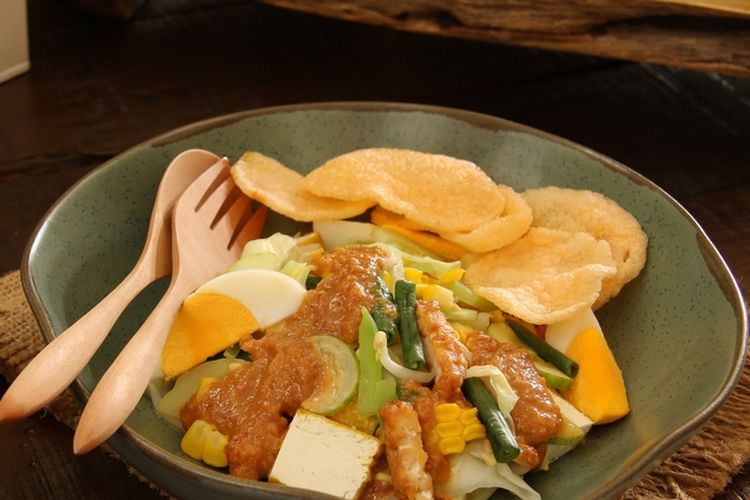
KOMPAS.com - Chinese Indonesians, who are usually atheist, Christian, Buddhist, or follow Confucianism, make up less than 5 percent of the 260 million people in the world’s largest Muslim-majority country.
Many of these ethnic Chinese have lived in Indonesia for generations. The majority are of mixed (Peranakan) heritage, do not speak Chinese, and have Indonesian surnames.
Today, anyone who was born an Indonesian citizen — and never held citizenship in another country over the age of 18 — is officially considered to be Indonesian.
Throughout the years, however, ethnic tensions still flared between minority and majority groups.
In 2017, Basuki Tjahaja Purnama, the former governor of Jakarta was jailed for blasphemy.
Purnama, a Christian, was Jakarta’s first non-Muslim governor in 50 years. His conviction sparked protests on both sides of the issue. He was released early in 2019.
Despite the occasional flare-ups, there has always been one sure place where the two cultures have mixed in near-perfect harmony — the kitchen.
Discovering harmony through food
The thriving capital of Jakarta is home to about 10.5 million people from various ethnic backgrounds.
Besides the local ethnic group, known as the Betawi, traders, and migrants from Java, China, Europe, North Africa, and the Middle East all made their marks on the city as early as the 15th century.
Intermarriage with Indonesians resulted in the development of distinct dialects, customs, and cuisines.
“Our society was historically very open to new cultures,” Agni Malagina, a sinologist, and expert on the Chinese community in Indonesia told DW.
The Chinese came to Indonesia not only for trade but also to strengthen the relationship between the two regions, Malagina said.
In the early days, the Chinese and the Betawi people in Jakarta — then known as “Batavia” — lived in harmony, she added. And food played an important role.
The Chinese and the Betawi, as well as many other ethnic groups, came to accept each other's traditional foods as part of their own culinary identity, Malagina said.
One of those foods is a beloved salad dish known as gado-gado. The dish, which includes ingredients such as tofu, peanuts, and garlic, was brought to Batavia by Chinese immigrants during the 15th century.

































